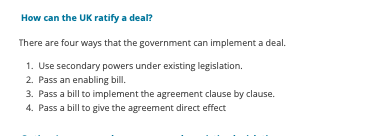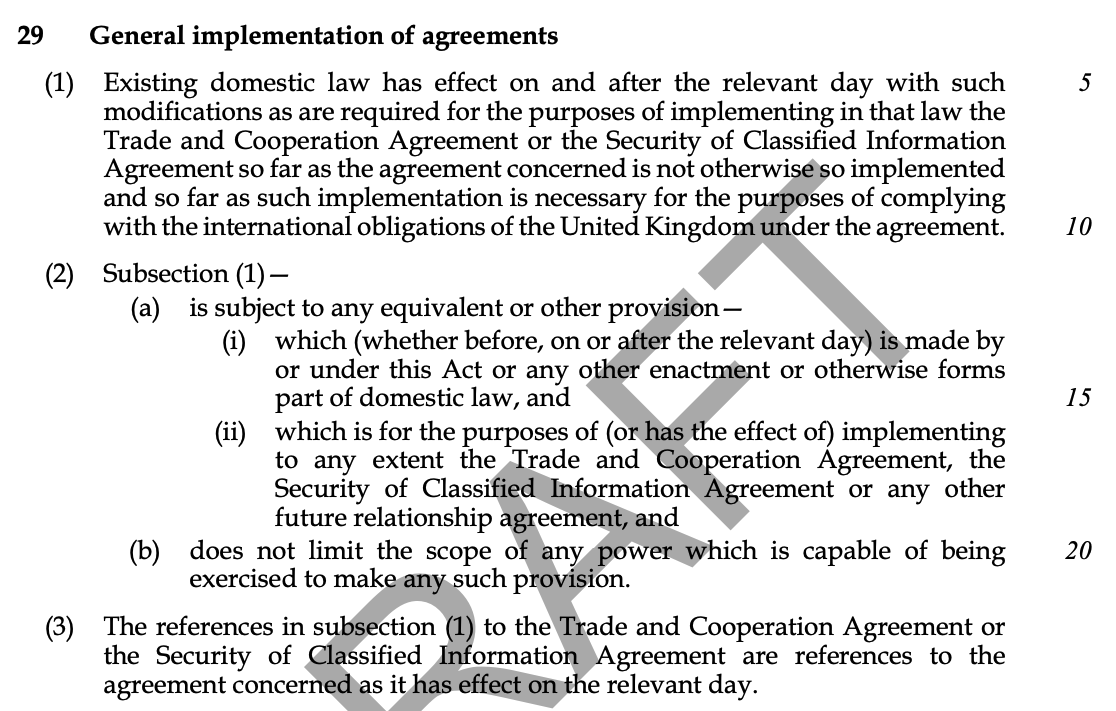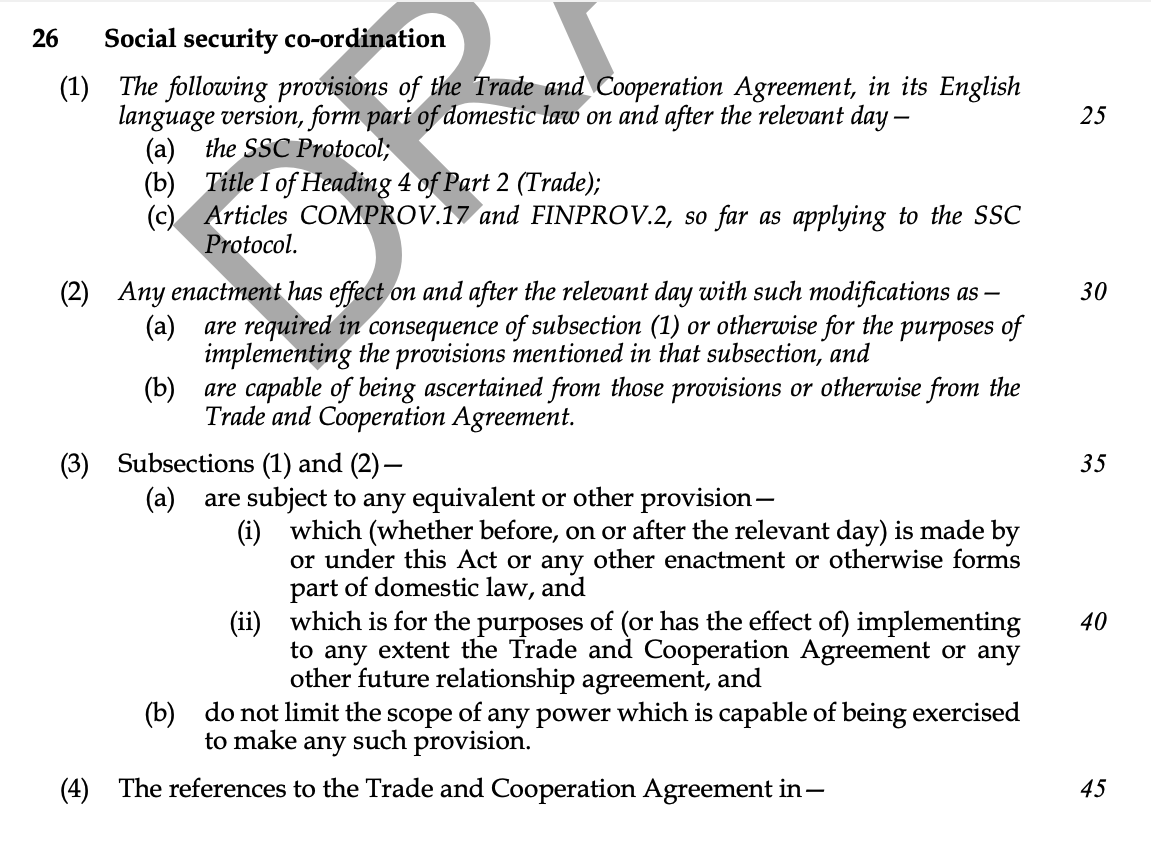https://t.co/WUa3MSkABL



Cl 29 of the Future Relationship Bill is certainly interesting. If I\u2019ve understood correctly, it is, in effect, an automatic Henry VIII clause that requires existing domestic law to be treated as subject to the Agreements to the extent that they have not been implemented. pic.twitter.com/nyL52YOslD
— Mark Elliott (@ProfMarkElliott) December 29, 2020





i wonder if you can make a thread bout witchcraft in malaysia.. or list of our own local gods/deites..
— r a y a \U0001f319 (@lcvelylilith) February 20, 2020
Animist ceremonies of a religious or magical nature were normally held for the purpose of divination or making a request. This would either be done at a keramat or at a shrine similar to the Thai spirit houses or Chinese roadside shrines pic.twitter.com/I1hliyi0x3
— \u2745\u1710\u170b\u1713\u170e (@uglyluhan) June 16, 2019